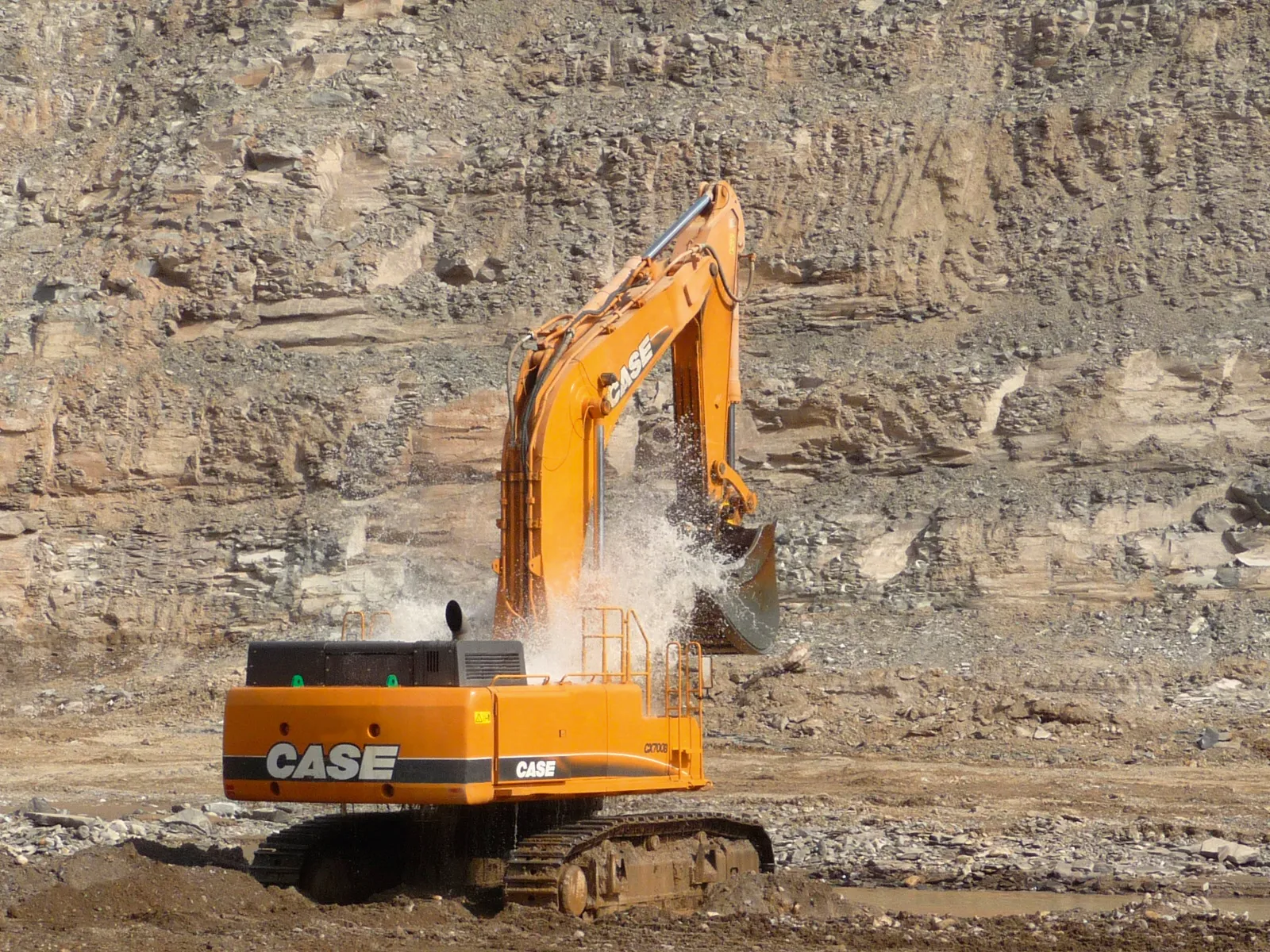In Europe, considerable political noise is being made over a new vehicle scrappage scheme that is said to be better for the environment.
February 27, 2012
Read time: 3 mins
In Europe, considerable political noise is being made over a new vehicle scrappage scheme that is said to be better for the environment. Owners of older vehicles are to be offered a cash incentive of around €2,000 to scrap their old and inefficient vehicles in an attempt to encourage them to buy newer and cleaner vehicles with lower emissions. Germany is spearheading the move with the French, Italian and UK Governments planning to follow similar lines and the policy will apply to vehicles over nine years old.
At the same time, Europe's governments are providing economic aid to some of the leading vehicle producers to help these firms ride the economic storm and to help develop a new generation of low emission vehicles such as hybrids or all-electric models.
However, presenting the scrappage policy as being 'green' is dishonest. This policy has to be recognised for what it is; a potential boost to manufacturers that have been hit hard by a huge downturn in orders for new vehicles as a result of the current economic climate. Claims that this policy is green are not simply misleading, they are profoundly untrue.
What the political spin fails to admit is that the significant portion of the total environmental footprint for any vehicle, around 20%, comes from its initial manufacture. Shortening the working life of the vehicle fleet will increase Europe's production of greenhouse gases.
Obviously it is important to encourage buyers of new vehicles to choose models with lower fuel consumption than the ones being replaced. A subsidy scheme along these lines would allow market forces and tighter testing rules to determine which vehicles have reached the end of their useful life, and when, while still providing an economic stimulus. It would also be better for the environment than what is being proposed, since it would tend to encourage the scrapping of vehicles that need to be scrapped, rather than older well-maintained vehicles.
Encouraging vehicle owners to carry out proper maintenance is more environmentally friendly. But European politicians are apparently keen to look the other way and hope no-one will notice.
Europe's politicians have also not considered the drop in fuel tax revenues should vehicle users switch to electric vehicles.
However Europe's politicians seem keen to introduce policies aimed at economic strengthening while presenting these as something else entirely. Safeguarding jobs and strategically important businesses in the face of a recession is a worthy political cause as long as this does not run to protectionism and there is no reason to try to pass it off as a 'green' policy.
At the same time, Europe's governments are providing economic aid to some of the leading vehicle producers to help these firms ride the economic storm and to help develop a new generation of low emission vehicles such as hybrids or all-electric models.
However, presenting the scrappage policy as being 'green' is dishonest. This policy has to be recognised for what it is; a potential boost to manufacturers that have been hit hard by a huge downturn in orders for new vehicles as a result of the current economic climate. Claims that this policy is green are not simply misleading, they are profoundly untrue.
What the political spin fails to admit is that the significant portion of the total environmental footprint for any vehicle, around 20%, comes from its initial manufacture. Shortening the working life of the vehicle fleet will increase Europe's production of greenhouse gases.
Obviously it is important to encourage buyers of new vehicles to choose models with lower fuel consumption than the ones being replaced. A subsidy scheme along these lines would allow market forces and tighter testing rules to determine which vehicles have reached the end of their useful life, and when, while still providing an economic stimulus. It would also be better for the environment than what is being proposed, since it would tend to encourage the scrapping of vehicles that need to be scrapped, rather than older well-maintained vehicles.
Encouraging vehicle owners to carry out proper maintenance is more environmentally friendly. But European politicians are apparently keen to look the other way and hope no-one will notice.
Europe's politicians have also not considered the drop in fuel tax revenues should vehicle users switch to electric vehicles.
However Europe's politicians seem keen to introduce policies aimed at economic strengthening while presenting these as something else entirely. Safeguarding jobs and strategically important businesses in the face of a recession is a worthy political cause as long as this does not run to protectionism and there is no reason to try to pass it off as a 'green' policy.









